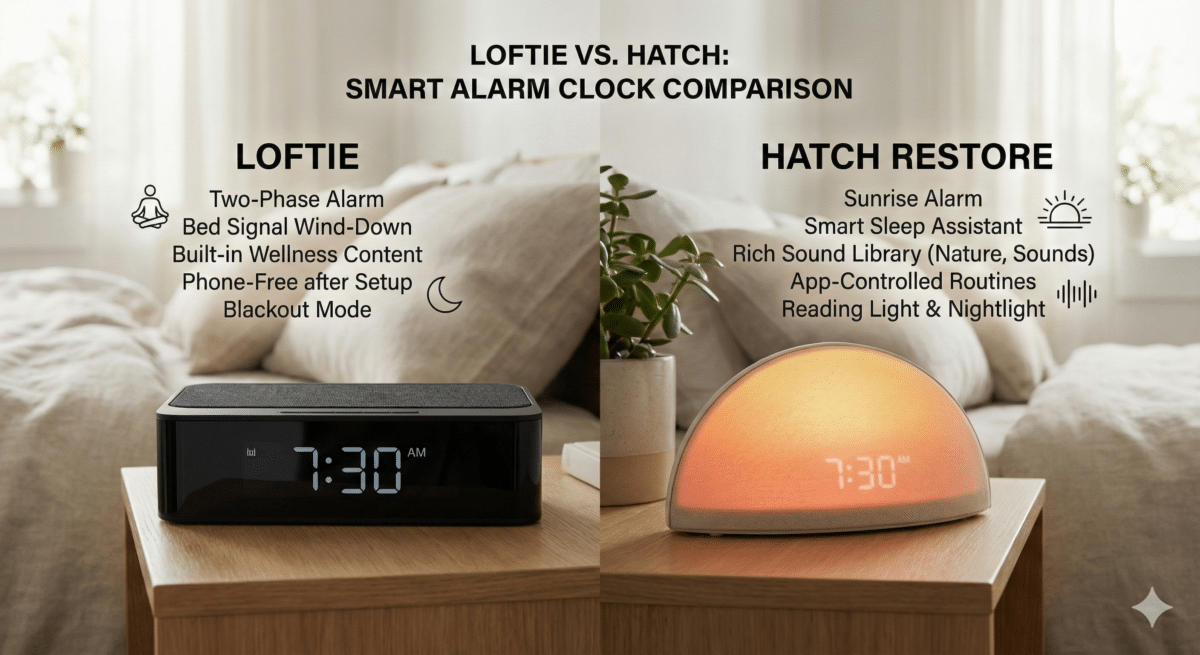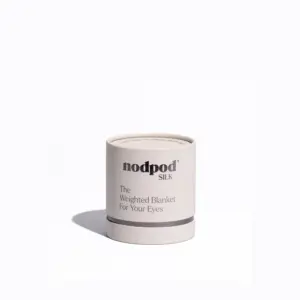The Ultimate Guide to Effective Peptides for Sleep
Peptides for sleep are becoming increasingly recognized as a game-changing solution for enhancing sleep quality. These small chains of amino acids play a crucial role in regulating various biological functions, including those that govern our sleep patterns. In this guide, we will explore the best peptides for sleep and dive deep into how they work, their natural sources, and therapeutic benefits.
Why Peptides Are Important for Sleep
Peptides play a vital role in sleep regulation, impacting neurotransmitters and hormones that dictate sleep quality. When our bodies don’t produce these essential peptides effectively, sleep issues arise. Understanding the mechanisms behind these compounds can provide insights into achieving restful sleep.
As the creator of Yawnder and having faced my own challenges with sleep, I’ve committed myself to learn how peptides can transform sleep quality. My background as a librarian allows me to present well-researched, accessible insights on this subject.
What Are Peptides?
At their core, peptides are short chains of amino acids, the building blocks of proteins. They function as messengers that help regulate various biological activities. Their smaller size allows for easier absorption, making them more efficient than larger proteins.
Natural Sources of Peptides
Peptides can be found in a variety of foods. Here are some common sources:
– Eggs and Chicken: Packed with proteins, these are excellent sources of naturally occurring peptides.
– Meats: Beef, pork, and poultry contain peptides that aid in muscle repair and growth.
– Fish and Shellfish: These foods are loaded with peptides that may promote heart health and reduce inflammation.
– Certain Grains: Soy, wheat, oats, and flaxseed provide excellent plant-based peptides.
– Beans and Lentils: These legumes not only contain high levels of protein but also beneficial peptides.
Therapeutic Uses of Peptides
Beyond dietary sources, peptides are utilized in various therapeutic treatments. Since they are smaller, they are easier for the body to break down and absorb, making them suitable for medical applications. Here are some therapeutic uses:
– Effective Absorption: Peptides can be absorbed rapidly through skin and digestive systems for various treatments.
– Biological Regulation: They help maintain hormonal balance, immune responses, and cell repair.
– Non-Habit Forming: Unlike some conventional medications, peptides generally do not lead to dependency, making them safer for long-term use.
Peptides like DSIP (Delta Sleep-Inducing Peptide) interact with neurotransmitters such as serotonin, playing a significant role in sleep regulation. Understanding their benefits allows for informed choices in health and diet.
How Peptides Support Sleep
Mechanisms of Action
Peptides assist sleep by impacting neurotransmitters and regulating our circadian rhythm. They act as signaling molecules, enhancing communication between the brain and body. Neuropeptides, for example, bind to G protein-coupled receptors (GPCRs), triggering a cascade of biological processes that influence sleep.
Additionally, peptides help regulate serotonin levels, a critical neurotransmitter for sleep. By correcting imbalances in serotonin, peptides can enhance sleep quality and reduce disorders like insomnia.
Benefits of Peptides for Sleep
Incorporating peptides into your routine can provide numerous benefits:
– Improved Sleep Efficiency: Peptides enable quicker sleep onset and enhance overall sleep quality. For example, DSIP reduces wakefulness to promote deeper sleep.
– Reduced Sleep Latency: Some peptides help shorten the time it takes to fall asleep, which is beneficial for those with insomnia.
– Circadian Rhythm Regulation: Peptides like Melatonin help align sleep patterns with natural light cycles—a boon for shift workers.
– Anxiety Reduction: Peptides like Galanin can alleviate anxiety, making it easier for individuals to relax before bedtime.
By addressing the underlying molecular causes of sleep disturbances, peptides offer a promising route for sustainable sleep improvement.
Top 9 Peptides for Sleep
If you’re struggling with sleep, these nine peptides can make a significant difference:
1. DSIP (Delta Sleep-Inducing Peptide): Promotes deep, restorative sleep by preserving REM and NREM stages while reducing nighttime awakenings.
2. Orexin: Balances wakefulness and appetite, contributing positively to sleep-wake cycles.
3. Melatonin: The “sleep hormone”, effectively aids in regulating circadian rhythms and is beneficial for those facing sleep challenges.
4. Ipamorelin: Boosts human growth hormone (HGH) production, enhancing cellular repair processes during sleep.
5. CJC-1295: Mimics natural GHRH, promoting effective HGH release, which is vital for muscle growth and sleep quality.
6. Epitalon: Stimulates telomerase production for DNA repair and supports better hormonal balance, which can improve sleep quality.
7. Sermorelin: Increases HGH levels, promoting deeper sleep and better overall recovery during rest.
8. Galanin: Regulates neurotransmitters and alleviates anxiety to facilitate longer, uninterrupted sleep cycles.
9. Neuropeptide Y (NPY): Enhances relaxation, easing stress and helping to maintain healthy sleep patterns.
These peptides address various sleep issues at the molecular level, leading to improved rest and overall well-being.
Lifestyle Factors for Better Sleep
While peptides can significantly enhance sleep quality, good sleep hygiene practices are equally important. Here are some tips:
– Consistent Sleep Schedule: Go to bed and wake up at the same time daily to regulate your internal clock.
– Comfortable Sleeping Environment: Create a quiet, dark, and cool bedroom, and consider investing in quality bedding.
– Screen Time Management: Limit electronic devices at least 30 minutes before bedtime to avoid blue light exposure that can hinder melatonin production.
– Smart Dietary Choices: Avoid caffeine and alcohol in the evenings, opting instead for calming herbal teas.
– Regular Physical Activity: Exercise can help you fall asleep faster and enjoy deeper sleep; however, avoid vigorous workouts close to bedtime.
– Pre-Sleep Relaxation Routine: Engage in calming activities such as reading or meditating to signal to your body that it’s time to wind down.
Conclusion
At Yawnder, we recognize the challenges of achieving restful sleep. Our tailored sleep solutions, including effective peptide therapies, can make a significant difference in your sleep experience. Peptides for sleep not only interact with your body’s natural processes but also offer a non-habit forming alternative to traditional sleep aids.
Whether you face insomnia or wish to improve your sleep quality, our personalized plans can help you experience more restorative sleep. Consult with our team to explore the best peptide options for your needs. Visit Yawnder today to start your journey toward better sleep.
Sleep well, live well!


















